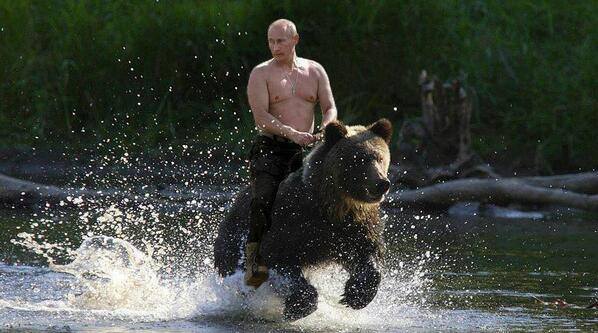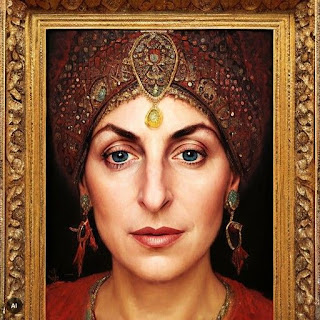On February 24th, Russia invaded Ukraine. Russia expected to win the war in a matter of days since they are so much larger and better equipped than the Ukraine. What Russia did not expect was having Ukraine rally the world to help defend them.
Apart from the geopolitical importance of this invasion, one question is why are so many ordinary people gripped by the story of Ukraine? Because we are indeed gripped, watching the news constantly and protesting in the streets around the world. Something about this war has moved us all. It has moved countries to impose economic sanctions against Russia and send much needed military equipment to Ukraine.
One reason is that Ukraine’s plight is the universal story of the underdog fighting valiantly, like David fought Goliath, and humans are built to be moved by stories.
“The human mind is addicted to stories,” says Jonathan Gottschall, author of The Storytelling Animal (how stories make us human)
“As you cross cultures and move around in history, you find the same basic concerns and the same basic story structure. The technology of story changes—from oral tales, to clay tablets, to medieval codices, to printed books, to movie screens, iPads, and Kindles. But the stories themselves don’t ever change. They have the same old obsessions. And that won’t change until human nature changes.”
This story - the underdog fighting valiantly - has been articulated by many Ukrainians but first and foremost by President Zelensky.
When Russia invaded, President Zelensky turned down an offer to evacuated from Kyiv. Zelensky’s now famous response was, "The fight is here; I need ammunition, not a ride.”
This is truly the story of David entering battle with Goliath, because David did not have to fight but he felt it was his duty to defeat Goliath and, in doing so, save his people from becoming slaves. Certainly, if Russia defeats Ukraine in this war, Ukrainians become owned and subjugated by Russia.
Malcom Gladwell in his book, David and Goliath: Underdogs, Misfits, and the Art of Battling Giants, dissects the battle in a unique way. Gladwell explains that Goliath is huge and frightening but David has the upper hand because he didn’t have the cumbersome armour of Goliath and could be nimble. Most importantly, David had a sling that can kill a target from two hundred yards away.
David wins the battle by doing the unexpected – he runs towards Goliath, who is immobilized by a hundred pounds of heavy armour, and kills him by hitting him in the head with a stone with a velocity of thirty-four meters per second. (122kmph or 76mph)
Gladwell’s perspective is that underdogs win by fighting in unexpected ways that make their opponent’s strengths useless. Goliath’s size, armour and weapons were no match for David’s nimbleness with his lack of armour and heavy weapons, nor was his bare forehead a match for David’s lethal stone sent at high velocity by a sling.
Just like David, Zelensky fought Russia from the start in very unexpected ways. He didn’t flee. More importantly, despite the famed strength of Russia’s information warfare, Zelensky won the information war from the day he refused to flee. He did this by not speaking like a politician. He spoke with the emotion of a man who loves his country and his people. Rather than speaking of strategy, he appealed to the emotion we all feel towards our own countries, our homes and families. He used the most unusual and unexpected tactic of all when fighting a large military power: he asked the world to see themselves in the plight of Ukraine.
Ukraine is smaller, poorer and ill-equipped compared to Russia. To fight a behemoth like Russia seemed impossible but President Zelensky fought by making us all feel like every missile, every tank and every soldier in Ukraine was like a missile, tank and soldier in our country. This sent people into the street to protest the war and moved countries to sanction Russia. How do you fight a rich country? By making it poorer with economic sanctions. How do you fight a better equipped army? By moving the world to send you military equipment.
We are two weeks into a war that Russia expected to win in days and now some are suggesting that Russia might lose.
I know nothing about military strategy, but I do know the power of stories. From ancient times they have shaped our values and the way we act. The story of Ukraine is one of the reasons that the world values Ukraine and wants to act to protect it. They are the underdog, our modern day David, and we too are Ukraine, the underdog, the victim of Russia’s aggression. Every hospital that is bombed, every child that is killed, feels like ours and we all suffer with Ukraine. As we watch David running towards Goliath, fighting a battle in unexpected ways, we suffer and we hope because that’s the power of stories.




















